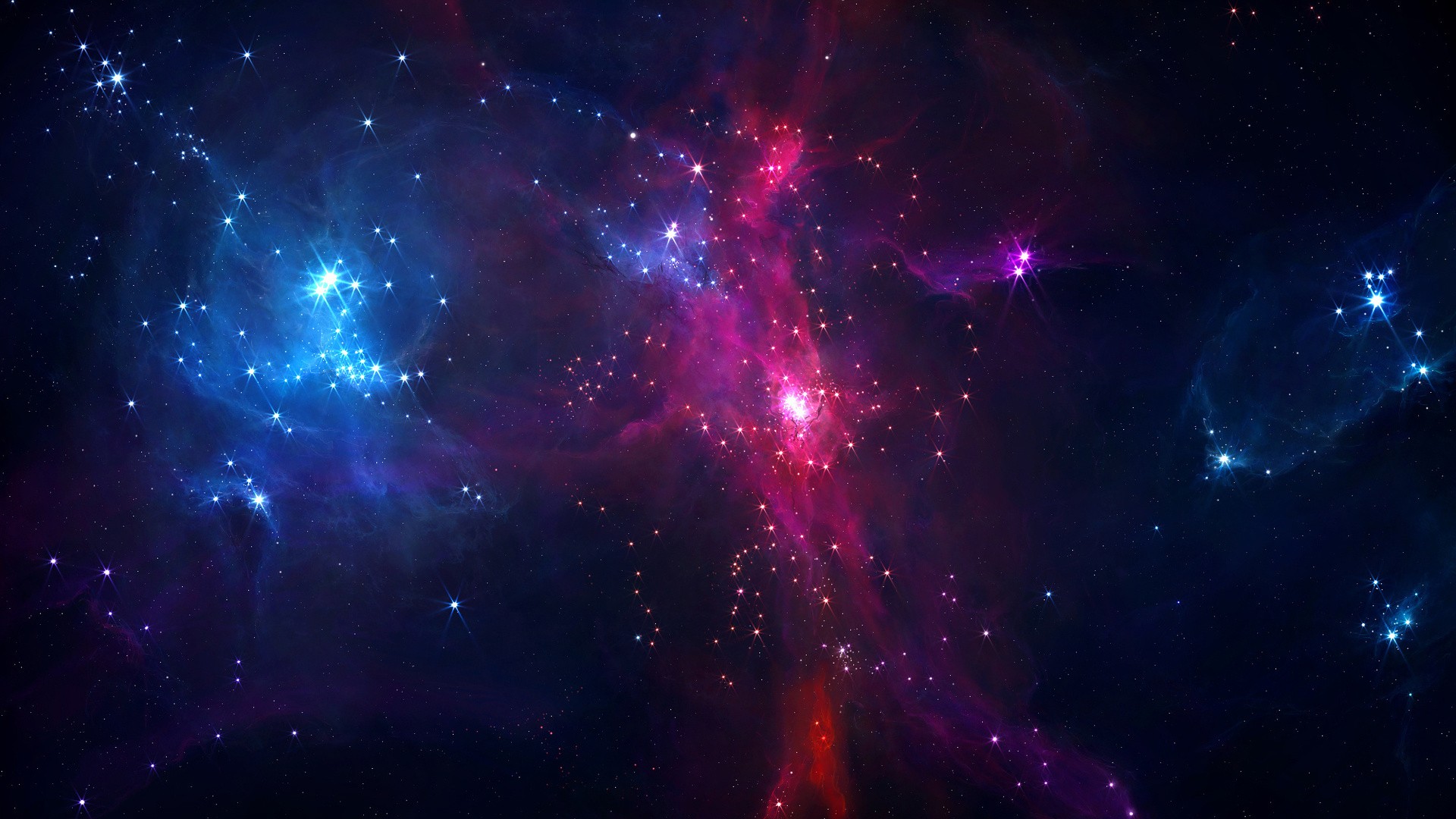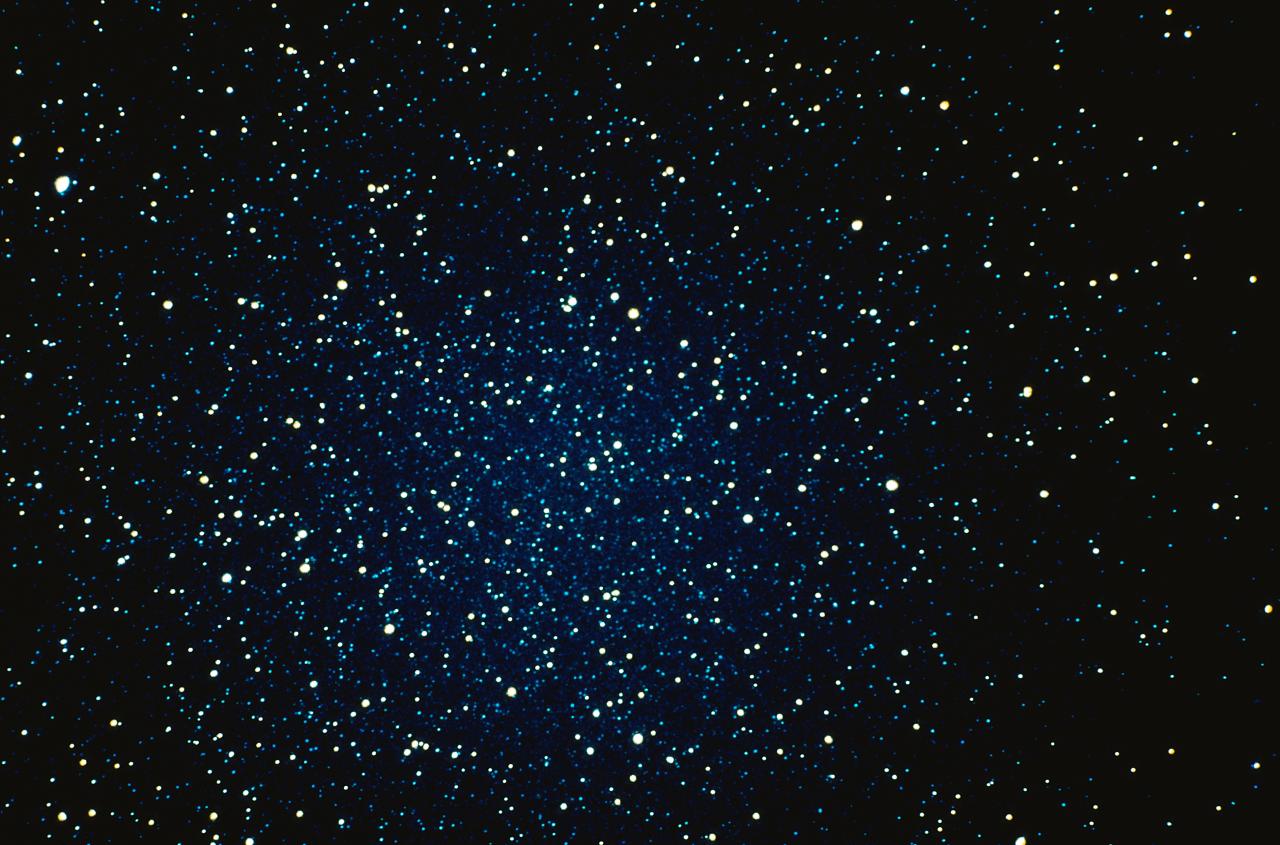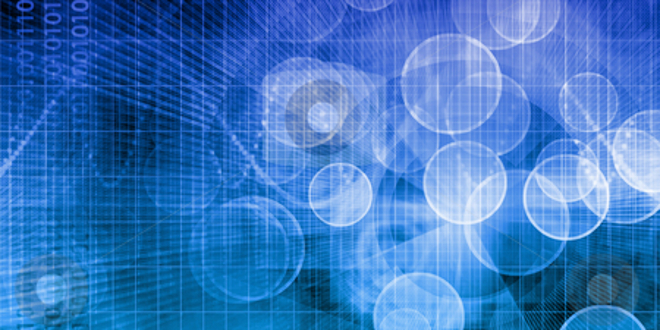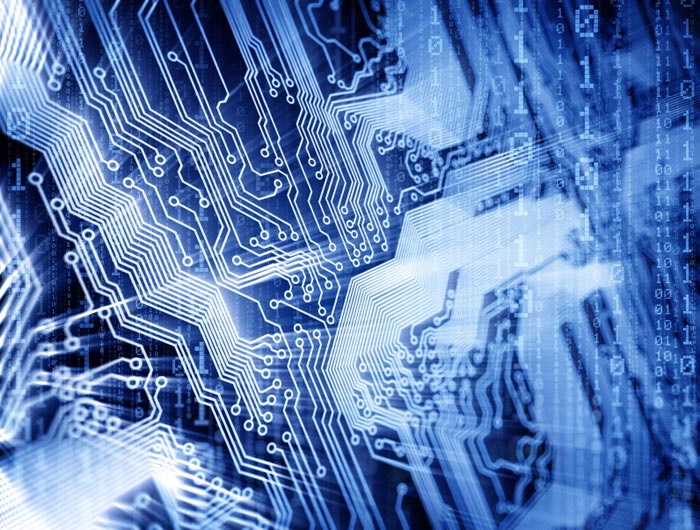
Scientists all over the world are working feverishly to find the dark matter in the universe. Now researchers have taken one step closer to solving the enigma with a new method.

Scotland is building ferries that will run on battery power and diesel in an effort to create jobs and develop green technology.

Certain black holes can have a complex internal structure that could allow photons, particles, and perhaps even planets to orbit the central singularity

Engineers at NASA

TELESAR V, a telexistence robot system being researched at Keio University, aims to free people from time and space constraints by using remotely

The Japanese supercomputer K broke its own record this week by hitting 10 quadrillion calculations per second (10.51 petaflops), exceeding its previous

PV - ?Highest? and ?largest? PV array in Europe completed - Renewable Energy Magazine, at the heart of clean energy journalism

Biofuels - Solazyme completes first commercial flight on biofuel - Renewable Energy Magazine, at the heart of clean energy journalism

Panorama - WWF: renewables could meet up to 90% of electricity demand by 2030 - Renewable Energy Magazine, at the heart of clean energy journalism

A new study claims a supermassive black hole at the centre of our galaxy is ripping apart entire worlds on a daily basis.

The company has released footage of its most advanced biped robot walking and doing push-ups

(PhysOrg.com) -- Yet another flexible e-paper display? No. Something special. This concept e-reader has no ho-hum signs of boring repetition. The concept e-reader was shown at last month’s FPD International in Japan, the big event focused on flat panel displays, which took place from October 26 to October 28. In fact, it was a top attraction. The new device from Taiwan-based AU Optronics (AUO) does not need an external power supply.

The Advanced Virtuality Lab (AVL) at the Interdisciplinary Center Israel, is developing a system for controlling a virtual or physical body using only the

An extreme-ultraviolet (EUV) microscope for creating the next generation of chips has been created by scientists at the U.S. Department of Energy’s

A laser powerful enough to tear apart the fabric of space is planned as part of a new scientific project that aims to answer some of the most fundamental